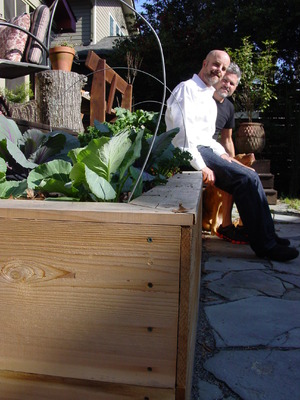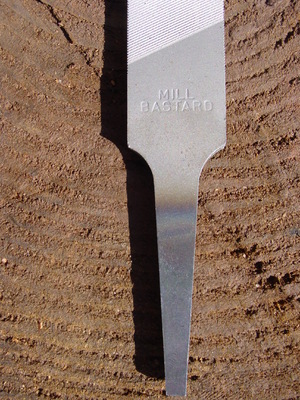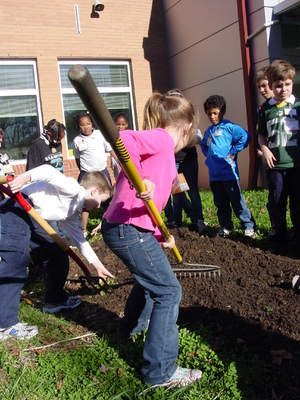Heirloom Seedlings @ Atherton Mill Market
 Sunday, March 4, 2012 at 6:21AM
Sunday, March 4, 2012 at 6:21AM 
The early spring planting season is here, and beginning on Saturday, March 10, we’ll have a selection of cold hardy early spring varieties for sale at the Atherton Mill Market @ 2104 South Blvd. Shop lettuces, spinach, arugula, beets, mustard greens and more. Our seedlings are started using quality open pollinated seed from Baker Creek Heirloom Seeds or Southern Exposure Seed Exchange, and raised in a simple grow media made up of perlite & peat moss ; ingredients approved for organic growing by The Organic Materials Review Institute (OMRI ).
For a list of seedlings and prices, click to read more











